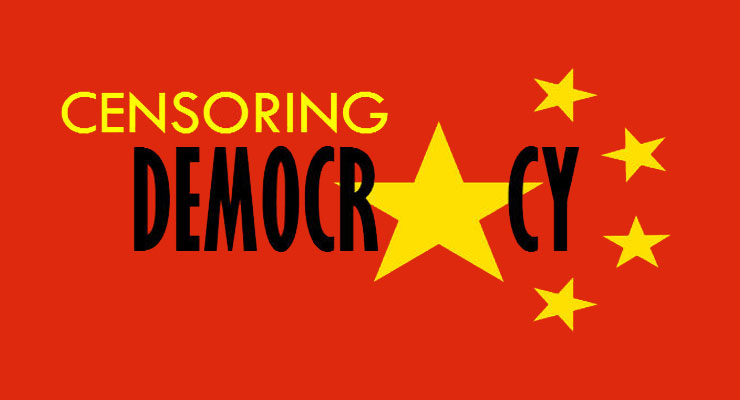
From Human Rights Watch
China’s authorities recently escorted diplomats from a dozen countries and a handful of foreign journalists on a highly controlled visit to Xinjiang, the northwestern region where an estimated one million Turkic Muslims are being arbitrarily and indefinitely detained. Human Rights Watch has documented forced political indoctrination and ill-treatment in these “political education” camps, and tight surveillance and control over the everyday life of Xinjiang’s 13 million Turkic Muslim residents, all with the goal of enforcing loyalty to the Chinese Communist Party.
Beijing doubtlessly invited Afghanistan, India, Indonesia, Kazakhstan, Kuwait, Kyrgyzstan, Malaysia, Pakistan, Russia, Tajikistan, Thailand and Uzbekistan – many of them Muslim-majority countries and Organisation of Islamic Cooperation (OIC) member states – to deflect growing global criticism over its numerous human rights violations in Xinjiang. It’s not evident how – or if – those governments or the OIC, many of which have not yet spoken publicly about Xinjiang, will respond to this human rights crisis having completed their stage-managed trip.
The United Nations high commissioner for human rights, Human Rights Watch, and others have been calling for months for access to the region to assess the scope and scale of abuses. But Beijing has a long history of diplomatic dog-and-pony shows, and the diplomats’ visit is no substitute for a credible, independent assessment.
Beijing has now tentatively suggested that the UN is welcome to visit Xinjiang, but it’s critical to spell out ground rules. The authorities would need to allow diplomats and independent experts free and unfettered access, especially to whichever camps or other facilities they wanted to inspect – not simply the “vocational training” facilities Beijing insists it’s running for willing and enthusiastic participants. It would have to tolerate private interviews with anyone in the region willing to talk, with guarantees of no reprisals against that individual or their family members inside or outside China. UN experts should report their findings and concerns to UN member states and make those assessments public; governments sending diplomats should also make as much of their information as possible publicly available. All involved should make clear to Beijing that the abuse of its Turkic Muslim population is unacceptable and unlawful and should end immediately.
In other words, meaningful access to Xinjiang requires independent experts and diplomats seeing what Beijing does not want them to see. Anything less enables China’s whitewash.
Leave a Reply